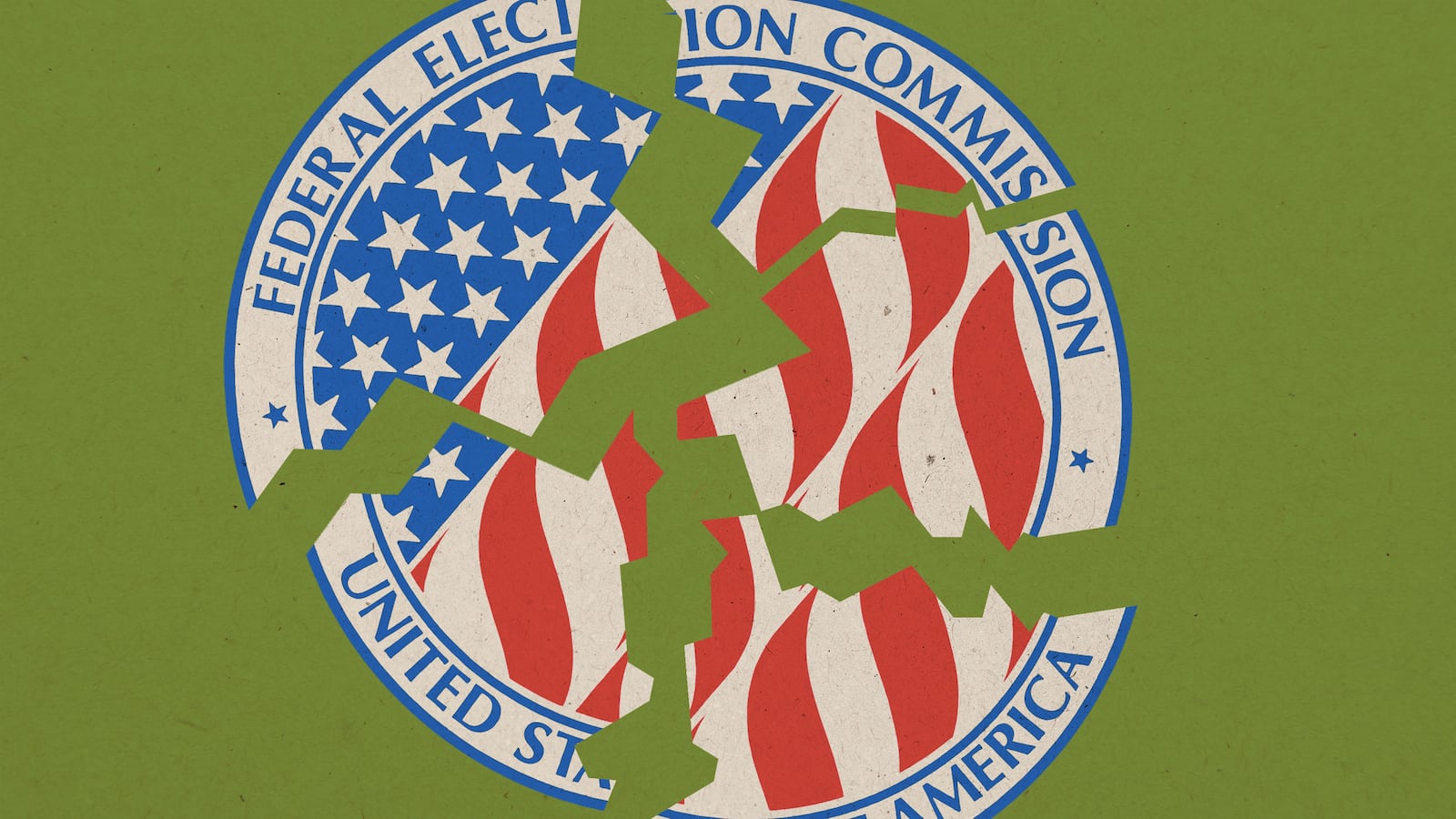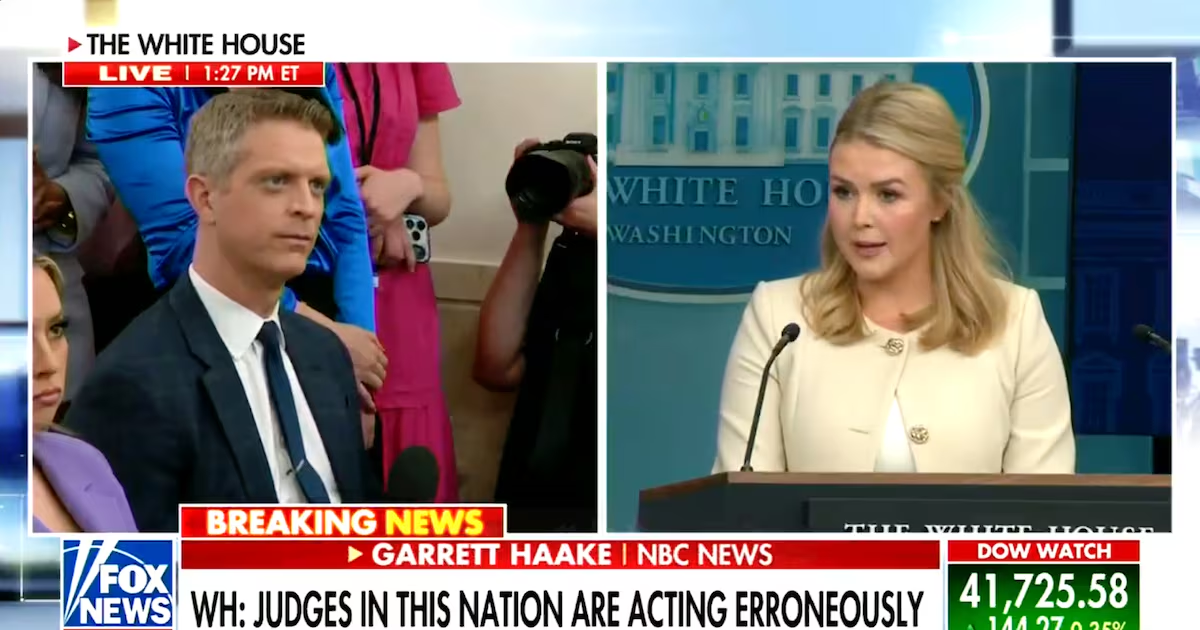The resignation of a Republican Federal Election Commissioner this week could be the impetus to remake the nation’s campaign finance watchdog. And for all intents and purposes, it might not make a difference.
Republican commissioner Matthew Peterson announced this week that he will resign from his position effective Aug. 31. That leaves the FEC with just three commissioners, one short of a quorum. By law, the FEC requires a majority of its six commissioners—so four of them—to vote for or against a measure in order to take official action. With just three remaining commissioners, it can’t do so even where there is total consensus on the matter at hand.
That means that as of next week, the commission won’t be able to do much of anything, including pursuing action against violations of campaign finance law in the midst of a heated election cycle.
But Peterson’s resignation provided a small spark to plans at the White House and in the Senate to provide an injection of new blood at the FEC. Within hours of Peterson’s announcement, two sources familiar with the discussions said that plans have circulated for weeks to nominate a slate of six new commissioners, three Democrats and three Republicans. All three of the remaining commissioners are serving on expired terms, meaning they can be replaced as soon as new nominees are confirmed.
“There is an ongoing effort to fill all six commissioner seats,” a senior Senate Republican leadership aide told PAY DIRT. “To do that, though, [Senate Minority Leader Chuck] Schumer and Senate Democrats must replace the two longtime Democratic holdovers.”
Another source familiar with the discussions said it was a matter that Bill McGinley, the former White House director of cabinet affairs, had been discussing with staff for Senate Majority Leader Mitch McConnell. But McGinley left the White House last month, and discussions of the slate nomination effort stalled.
The process for confirming new FEC commissioners is an unconventional one. By law, the president can nominate whomever he pleases, as long as no more than three of the commissioners belong to the same political party. That usually means an even split between Democrats and Republicans. One of the current commissioners, Steven Walther, is an independent, but is considered a member of the commission’s liberal bloc.
Indeed, Walther was nominated by President George W. Bush on the recommendation of Sen. Harry Reid (D-NV). And that gets at another quirk of the FEC nomination process. Though the president nominates commissioners, the Senate leaders of each party traditionally refer names to the White House for nomination.
A source familiar with the White House’s thinking on the slate nomination plan said that officials there are a bit wary of McConnell’s determination to move a large bloc of FEC nominees at once. President Trump is notoriously sensitive to criticism even from otherwise-committed Republicans, and the White House wants to avoid being handed a McConnell-backed slate of potential nominees that includes one or more Trump skeptics that the president might reject out of hand.
That’s to say nothing of Schumer’s preferred nominees, who are of course more likely to include outspoken Trump critics. The White House wants to avoid being tagged with the blame for a non-functioning FEC by rejecting nominees referred to it by Senate leadership. So it’s approached the slate idea cautiously.
McConnell has for years focused intently on federal campaign finance regulations, and fought efforts to tighten them. He is far more familiar with and motivated by those issues than Trump is, making quick movement by the White House, despite insistence behind the scenes that they want to fill gaps at the FEC, less likely.
At the end of the day, it’s not clear that a non-functioning FEC will be much different in effect anyway. The Senate GOP aide said that confirming six new commissioners “will go a long way toward fixing some of the perceived dysfunction at the commission.” But the FEC was barely doing anything with a quorum; the lack of one won’t result in a particularly dramatic drop in activity, simply because activity was already nearly nonexistent. And there’s little reason to believe that any McConnell-backed nominees would be more inclined to back new rules than their recalcitrant predecessors.
The commission has been notoriously dysfunctional and deadlocked of late. It rarely issues any actual regulations, and has instead resorted to less formal “advisory opinions” that provide some guidance on whether various practices comply with present law, but don’t actually change the rules that govern American elections.
It is unlikely, even if Peterson had remained in his post through the 2020 election, that the commission would have, for instance, taken any action to sanction conduct by any 2020 candidate—for president or any other office. It’s still considering matters related to the 2016 election, after all.







